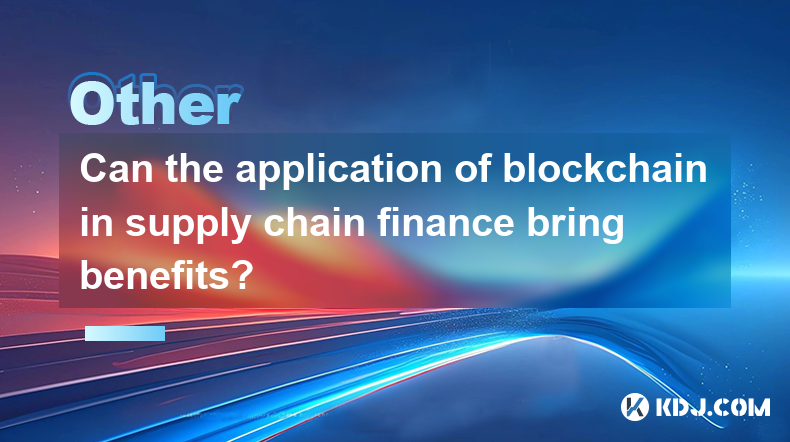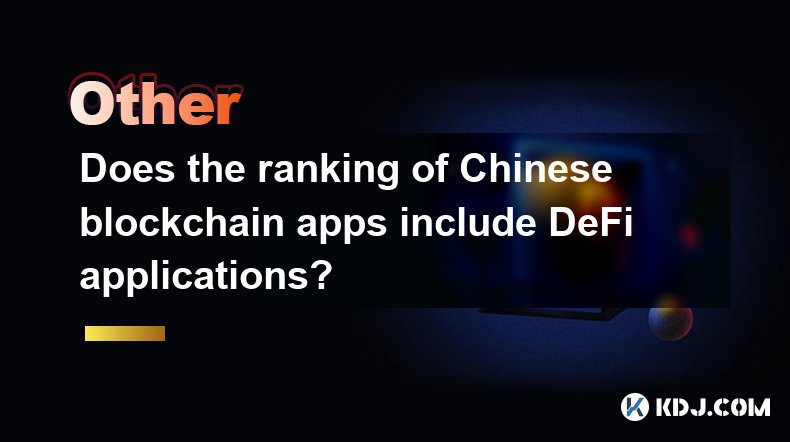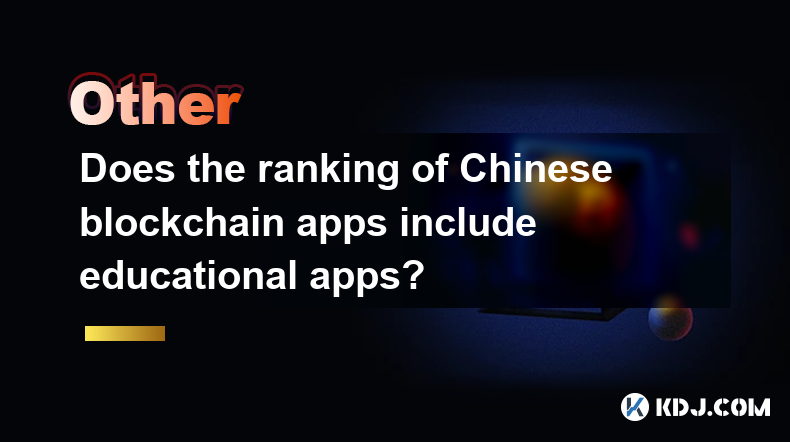-
 Bitcoin
Bitcoin $84,912.1002
0.22% -
 Ethereum
Ethereum $1,597.4099
0.99% -
 Tether USDt
Tether USDt $1.0000
0.00% -
 XRP
XRP $2.0848
1.56% -
 BNB
BNB $592.5467
0.52% -
 Solana
Solana $138.6661
3.38% -
 USDC
USDC $1.0000
0.02% -
 Dogecoin
Dogecoin $0.1597
3.32% -
 TRON
TRON $0.2416
-1.86% -
 Cardano
Cardano $0.6327
3.32% -
 UNUS SED LEO
UNUS SED LEO $9.2836
0.56% -
 Chainlink
Chainlink $12.7262
1.41% -
 Avalanche
Avalanche $19.2768
1.31% -
 Stellar
Stellar $0.2442
1.08% -
 Toncoin
Toncoin $2.9950
1.32% -
 Shiba Inu
Shiba Inu $0.0...01231
4.65% -
 Hedera
Hedera $0.1668
2.11% -
 Sui
Sui $2.1474
1.41% -
 Bitcoin Cash
Bitcoin Cash $337.5269
2.68% -
 Hyperliquid
Hyperliquid $17.5726
3.68% -
 Polkadot
Polkadot $3.7336
2.05% -
 Litecoin
Litecoin $76.5245
1.70% -
 Dai
Dai $1.0001
0.02% -
 Bitget Token
Bitget Token $4.4585
2.30% -
 Ethena USDe
Ethena USDe $0.9993
0.01% -
 Pi
Pi $0.6558
7.05% -
 Monero
Monero $214.1926
-0.69% -
 Uniswap
Uniswap $5.2567
1.90% -
 Pepe
Pepe $0.0...07325
4.28% -
 OKB
OKB $50.6926
1.82%
How does blockchain ensure data security?
Blockchain's decentralized design, cryptographic hashing, and immutability create a highly secure system resistant to data breaches and manipulation, exceeding traditional database security.
Mar 11, 2025 at 08:22 am

Key Points:
- Blockchain's decentralized nature makes it resistant to single points of failure.
- Cryptographic hashing secures data integrity and prevents tampering.
- Immutability prevents alteration of past records, ensuring data reliability.
- Consensus mechanisms validate transactions and maintain data consistency.
- Data encryption protects sensitive information during transmission and storage.
How Does Blockchain Ensure Data Security?
Blockchain technology employs a multi-layered approach to ensure data security, far exceeding the capabilities of traditional centralized systems. Its inherent design features make it exceptionally resilient against various threats. Understanding these features is crucial to appreciating its security advantages.
The foundation of blockchain security lies in its decentralized architecture. Unlike centralized databases held by a single entity, blockchain data is distributed across numerous computers (nodes) in a network. This eliminates single points of failure; even if one node is compromised, the rest of the network remains operational and the data remains intact. This inherent redundancy significantly enhances security and resilience.
A critical element in securing blockchain data is cryptographic hashing. Each block in the chain contains a cryptographic hash – a unique digital fingerprint – of the previous block's data. Any alteration to the data, however minor, would result in a different hash, immediately flagging the tampering attempt. This chain of linked hashes creates an auditable trail, ensuring data integrity.
Immutability, the inability to alter past records, is another cornerstone of blockchain security. Once a block is added to the chain, it becomes practically impossible to modify or delete it. This characteristic safeguards against data manipulation and fraud, providing a high level of trust and reliability.
Maintaining data consistency and accuracy relies heavily on consensus mechanisms. These algorithms, such as Proof-of-Work (PoW) or Proof-of-Stake (PoS), ensure that all nodes agree on the validity of new transactions before adding them to the blockchain. This collaborative validation process prevents fraudulent transactions from being added and maintains the integrity of the entire system.
Furthermore, blockchain often incorporates data encryption to protect sensitive information. Encryption techniques, like AES or RSA, scramble data, making it unreadable without the correct decryption key. This safeguards data both during transmission and while stored on the network, protecting against unauthorized access.
Specific Security Measures within the Blockchain:
- Merkle Trees: These data structures efficiently verify the integrity of large datasets within a block. They allow for the verification of individual transactions without needing to download the entire block.
- Digital Signatures: These cryptographic techniques verify the authenticity and integrity of transactions, ensuring that only authorized users can make changes.
- Time-stamping: Each block is timestamped, providing an immutable record of when transactions occurred, enhancing transparency and traceability.
- Network Consensus: The consensus mechanism ensures that all participants agree on the valid state of the blockchain, preventing forgeries and double-spending.
How Blockchain Addresses Specific Threats:
- Data breaches: Decentralization makes it significantly harder for hackers to compromise the entire system. Compromising a single node does not affect the entire network.
- Data manipulation: Immutability prevents alteration of past records. Any attempt to tamper with data will be immediately detected through cryptographic hashing.
- Denial-of-service (DoS) attacks: While DoS attacks can target individual nodes, the decentralized nature ensures the network continues to function.
- Single point of failure: The absence of a central authority eliminates the risk associated with a single point of failure, a vulnerability prevalent in traditional centralized systems.
Frequently Asked Questions:
Q: Is blockchain completely secure?
A: While blockchain offers robust security features, it's not entirely invulnerable. Weaknesses can exist in the implementation of the technology or in the security practices of individual users. Smart contracts, for instance, can contain vulnerabilities that can be exploited.
Q: How does blockchain compare to traditional databases in terms of security?
A: Blockchain offers significantly enhanced security compared to traditional databases. Its decentralized nature, cryptographic hashing, and immutability provide far greater resistance to data breaches, manipulation, and single points of failure.
Q: Can blockchain technology be used to secure all types of data?
A: While blockchain offers strong security, it's not a universal solution. Its suitability depends on the specific application and the type of data involved. For instance, large datasets requiring frequent updates may not be ideal for blockchain storage due to scalability limitations.
Q: What are the limitations of blockchain security?
A: Limitations include scalability challenges for extremely large datasets, the computational resources required for consensus mechanisms, and the potential for vulnerabilities in smart contracts or the implementation of the blockchain itself. Also, the security of the overall system relies on the security practices of individual nodes in the network.
Q: What are the key benefits of blockchain for data security?
A: Key benefits include enhanced data integrity through cryptographic hashing and immutability, resistance to data breaches due to decentralization, increased transparency and auditability, and elimination of single points of failure.
Disclaimer:info@kdj.com
The information provided is not trading advice. kdj.com does not assume any responsibility for any investments made based on the information provided in this article. Cryptocurrencies are highly volatile and it is highly recommended that you invest with caution after thorough research!
If you believe that the content used on this website infringes your copyright, please contact us immediately (info@kdj.com) and we will delete it promptly.
- Ethena Labs Unveils Converge, a New Layer-1 Blockchain Targeting Tokenized Real-World Assets
- 2025-04-19 12:20:14
- FBI Releases Five Warnings to Help Protect Investors in the Cryptocurrency Space
- 2025-04-19 12:20:14
- Today, the Official Trump ($TRUMP) meme coin tokens have been unlocked, sparking panic among investors.
- 2025-04-19 12:15:14
- Dogecoin (DOGE) Price Prediction: Will the Original Memecoin Reach $1 by Late Summer 2025?
- 2025-04-19 12:15:14
- Resilience is a Distinct Attribute of Solana
- 2025-04-19 12:10:13
- Astar Network Adjusts Its Token Issuance Model to Stabilize APY and Reduce Inflation
- 2025-04-19 12:10:13
Related knowledge

Can ICOs in the blockchain space still make money?
Apr 17,2025 at 08:29pm
The landscape of Initial Coin Offerings (ICOs) in the blockchain space has evolved significantly since their peak in 2017 and 2018. Despite the increased regulatory scrutiny and the rise of alternative fundraising methods like Security Token Offerings (STOs) and Initial Exchange Offerings (IEOs), ICOs can still be a viable way to raise funds and generat...

Can the application of blockchain in supply chain finance bring benefits?
Apr 15,2025 at 04:00pm
Can the application of blockchain in supply chain finance bring benefits? The integration of blockchain technology into supply chain finance has garnered significant attention in the cryptocurrency and financial sectors. This article explores how blockchain can potentially revolutionize supply chain finance, detailing its benefits and providing a compre...

Does the ranking of Chinese blockchain apps include cross-chain applications?
Apr 14,2025 at 04:00pm
The ranking of Chinese blockchain apps is a comprehensive evaluation that takes into account various aspects such as user base, transaction volume, and technological innovation. A pertinent question arises regarding whether these rankings include cross-chain applications. Cross-chain applications, which allow different blockchain networks to interact an...

Does the ranking of Chinese blockchain apps include DeFi applications?
Apr 15,2025 at 06:57am
The ranking of Chinese blockchain apps is a comprehensive list that showcases the most popular and influential applications within the cryptocurrency ecosystem. One question that often arises is whether these rankings include DeFi applications. To answer this, we need to delve into the specifics of how these rankings are compiled and what types of appli...

Does the ranking of Chinese blockchain apps include educational apps?
Apr 16,2025 at 03:35am
The ranking of Chinese blockchain apps often includes a variety of categories, from finance and gaming to social networking and beyond. One question that frequently arises is whether these rankings include educational apps. To address this, we need to delve into the specifics of how blockchain apps are categorized and ranked in China, and whether educat...

Does the ranking of Chinese blockchain apps include enterprise-level applications?
Apr 15,2025 at 06:42am
The ranking of Chinese blockchain apps often includes a variety of applications, ranging from consumer-focused to enterprise-level solutions. Understanding the scope and criteria for these rankings is essential to determine if enterprise-level applications are included. This article delves into the specifics of how Chinese blockchain app rankings are co...

Can ICOs in the blockchain space still make money?
Apr 17,2025 at 08:29pm
The landscape of Initial Coin Offerings (ICOs) in the blockchain space has evolved significantly since their peak in 2017 and 2018. Despite the increased regulatory scrutiny and the rise of alternative fundraising methods like Security Token Offerings (STOs) and Initial Exchange Offerings (IEOs), ICOs can still be a viable way to raise funds and generat...

Can the application of blockchain in supply chain finance bring benefits?
Apr 15,2025 at 04:00pm
Can the application of blockchain in supply chain finance bring benefits? The integration of blockchain technology into supply chain finance has garnered significant attention in the cryptocurrency and financial sectors. This article explores how blockchain can potentially revolutionize supply chain finance, detailing its benefits and providing a compre...

Does the ranking of Chinese blockchain apps include cross-chain applications?
Apr 14,2025 at 04:00pm
The ranking of Chinese blockchain apps is a comprehensive evaluation that takes into account various aspects such as user base, transaction volume, and technological innovation. A pertinent question arises regarding whether these rankings include cross-chain applications. Cross-chain applications, which allow different blockchain networks to interact an...

Does the ranking of Chinese blockchain apps include DeFi applications?
Apr 15,2025 at 06:57am
The ranking of Chinese blockchain apps is a comprehensive list that showcases the most popular and influential applications within the cryptocurrency ecosystem. One question that often arises is whether these rankings include DeFi applications. To answer this, we need to delve into the specifics of how these rankings are compiled and what types of appli...

Does the ranking of Chinese blockchain apps include educational apps?
Apr 16,2025 at 03:35am
The ranking of Chinese blockchain apps often includes a variety of categories, from finance and gaming to social networking and beyond. One question that frequently arises is whether these rankings include educational apps. To address this, we need to delve into the specifics of how blockchain apps are categorized and ranked in China, and whether educat...

Does the ranking of Chinese blockchain apps include enterprise-level applications?
Apr 15,2025 at 06:42am
The ranking of Chinese blockchain apps often includes a variety of applications, ranging from consumer-focused to enterprise-level solutions. Understanding the scope and criteria for these rankings is essential to determine if enterprise-level applications are included. This article delves into the specifics of how Chinese blockchain app rankings are co...
See all articles























































































